AXA Cancer ReCover is the first plan in Singapore that is specially designed for cancer survivors. Here’s a look…








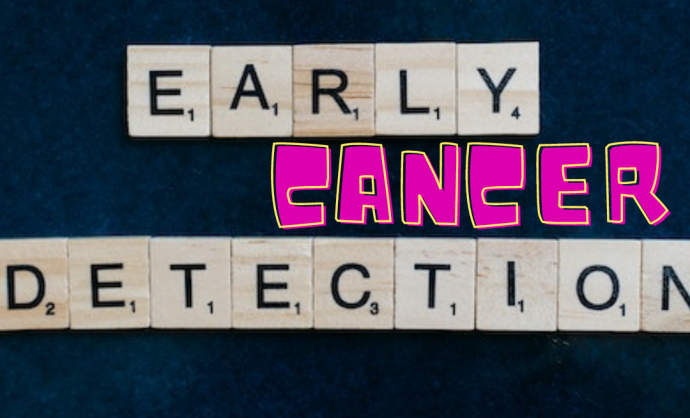
Cancer is one of the leading causes of death in Singapore, with thousands of new cases diagnosed each year. The good news is that with health screenings for early cancer detection, many types of cancer are highly treatable. This is why health screenings are so important – they can detect cancer at its earliest stages, when treatment is most effective.
In this blog post, we’ll discuss the importance of health screenings for early cancer detection, the types of screenings available, and what to expect during a screening.
Cancer is a growing concern in Singapore, with the number of reported cases increasing steadily in recent years. Between 2016 and 2020, over 80,000 cases of cancer were reported in Singapore, with almost an equal distribution of cases between males and females. The most common cancers reported in males were colorectal, prostate, and lung cancers, while breast, colorectal, and lung cancers were most common in females. These statistics highlight the importance of cancer awareness and early detection, as early intervention can often lead to better outcomes for patients.
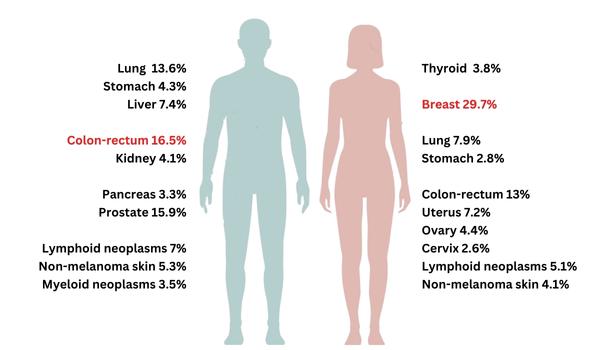
Health screenings are important because they can detect cancer at an early stage, before any symptoms appear. This is crucial because cancer is much easier to treat in its early stages, and treatment is often more effective. In fact, many types of cancer can be cured if they are caught early enough.
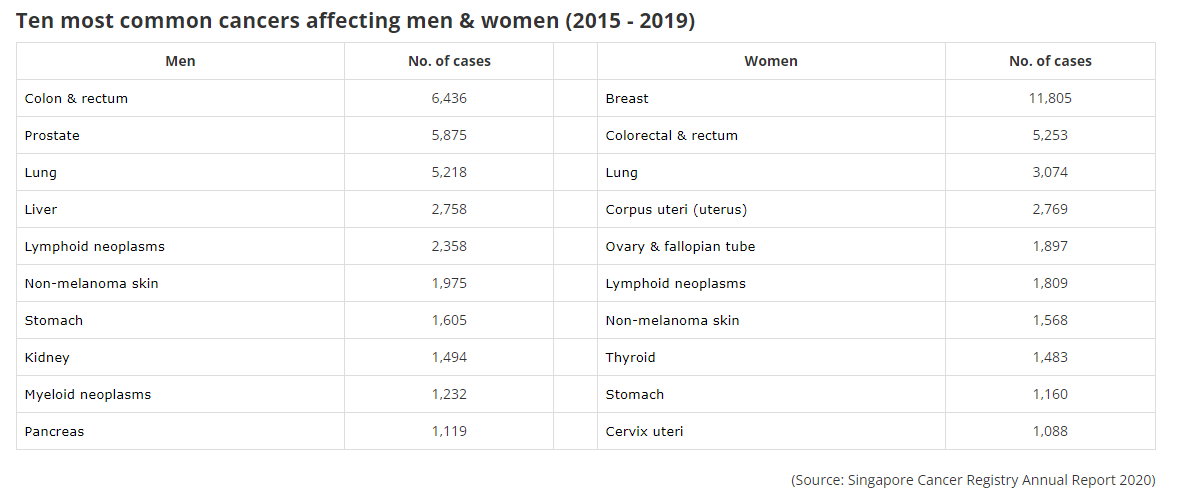
The earlier cancer is detected, the more treatment options there are available. If cancer is detected at a later stage, treatment options may be more limited, and the chances of survival may be lower. In addition, early detection can reduce the need for more invasive treatments, such as surgery or chemotherapy.
Cancer screening is a critical process that aims to identify cancer before symptoms appear. It helps to detect cancer at its earliest stages when it is still treatable. However, it is important to note that cancer screening should complement a healthy lifestyle and not replace it.
Cancer screening has many benefits. It can detect cancer in its early stages when treatment is less aggressive and more effective. For example, mammography screening can detect breast cancer in its early stages, which may only require a lumpectomy instead of a mastectomy.
However, cancer screening is not perfect, and it can sometimes miss a cancer or falsely label a normal tissue as cancerous. In addition, overdiagnosis bias may lead to unnecessary treatment for slow-growing or indolent cancers.
It is crucial to undertake cancer screening that is appropriate, evidence-based, and recommended by accepted guidelines. The Singapore Ministry of Health has published guidelines that are in keeping with the World Health Organization’s recommendations.
For average-risk individuals without symptoms or a family history of cancer, the following cancer screening is recommended:
There are various types of health screenings available for cancer, and the type of screening recommended will depend on your age, gender, and other risk factors. Here are some common types of cancer screenings:
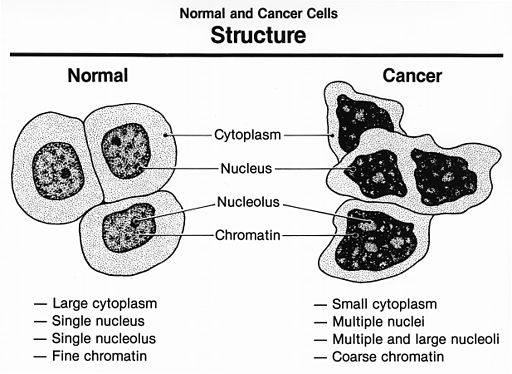
Taking care of your health is important, and staying on top of cancer screenings is a key part of that. If you’re 50 years old or older, you may want to consider getting screened for colorectal cancer. Here are the recommended screening options:
Keep in mind that these are just general guidelines, and your doctor may recommend a different screening schedule based on your individual risk factors and health history. And if you’re feeling nervous or unsure about getting screened, it’s important to talk to your healthcare provider. They can answer any questions you may have and help you make an informed decision about your health.
Breast cancer is a serious concern for many women, and it’s important to know the best ways to stay on top of your health. While mammography is the standard screening method for breast cancer, it’s important to remember that no test is perfect. There are both benefits and potential downsides to mammography screening, so it’s a good idea to speak with your healthcare provider about what’s right for you.
That being said, if your doctor recommends it, here are the general guidelines for mammography screening:
Breast cancer is the most common cancer among women in Singapore. Women over the age of 50 are recommended to get a mammogram every two years. Women who have a family history of breast cancer may be advised to start getting mammograms at an earlier age.
Remember, these are just general guidelines, and your doctor may recommend a different screening schedule based on your individual risk factors and health history. If you want more information on breast cancer screening, be sure to check out this helpful resource. And as always, don’t hesitate to reach out to your healthcare provider with any questions or concerns you may have.
Prostate cancer is a concern for many men, and it’s important to be aware of your risks and take action if necessary. Here’s what you need to know:
Prostate cancer is actually the second most common cancer among men in Singapore. Unfortunately, Singapore doesn’t have a national screening program for prostate cancer. However, if you have any of the known symptoms or a family history of prostate cancer, it’s recommended that you get checked out.
If you’re experiencing any of these symptoms or have a family history of prostate cancer, it’s important to talk to your healthcare provider. They can help you understand your risks and recommend appropriate testing or screening options.
Remember, taking care of your health is important, and being aware of your risks for prostate cancer is a key part of that. Don’t hesitate to reach out to your healthcare provider with any questions or concerns you may have.
Cervical cancer is a concern for many women, but the good news is that regular screenings can help catch it early. Here’s what you need to know:
If you’ve never been sexually active, cervical cancer is rare, and routine screening isn’t necessary. However, if you have been sexually active, it’s important to get screened regularly.
Here are the general screening recommendations:
Both the Pap smear and HPV DNA test involve collecting a sample from your cervix, but the laboratory testing is different.
Remember, these are just general guidelines, and your doctor may recommend a different screening schedule based on your individual risk factors and health history. If you want more information on cervical cancer screening, be sure to check out this helpful resource. And if you have any questions or concerns, don’t hesitate to reach out to your healthcare provider. They can help you understand your options and make the best choices for your health.
During a screening, you will be asked about your medical history and any symptoms you may be experiencing.
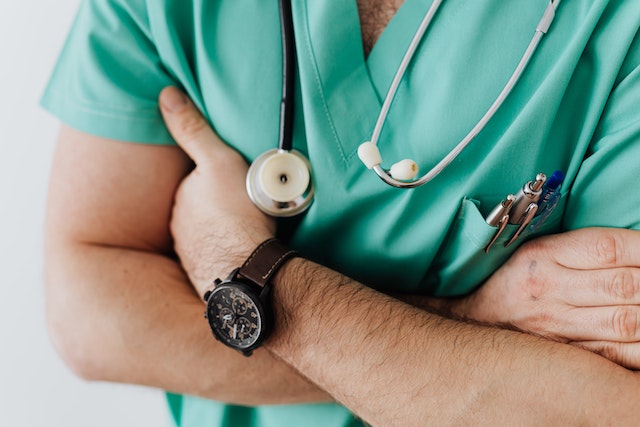
You will then undergo a physical examination, which may include a visual examination, a manual examination, or both. In addition, you may be asked to provide a sample of blood, urine, or stool for testing.
The screening may also include imaging tests, such as X-rays, CT scans, or MRIs. The type of imaging test recommended will depend on the type of cancer being screened for.
It’s important to note that screenings can’t detect all types of cancer, and they may also produce false-positive or false-negative results. However, even if a screening does produce a false-positive result, it can still lead to further testing and early detection.
Health screenings are an important tool for early cancer detection.
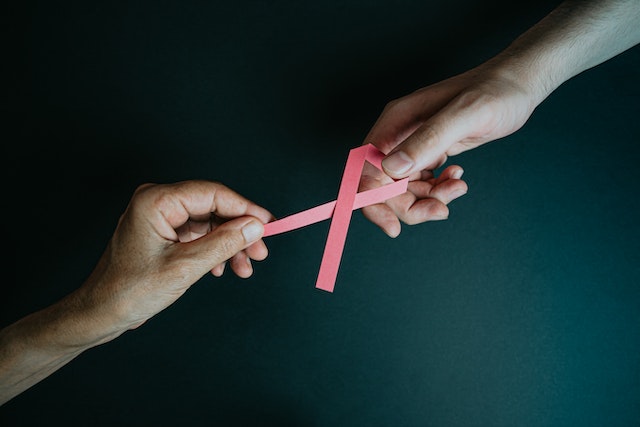
By detecting cancer at its earliest stages, treatments can be more effective, and the chances of survival are higher. If you are over the age of 50, it’s important to talk to your doctor about cancer screenings. Even if you don’t have any symptoms or risk factors, regular screenings can help detect cancer before it becomes a serious health concern. By taking proactive steps to maintain your health, you can give yourself the best chance of early detection and successful treatment.
It’s also important to note that screenings are just one part of maintaining good health. You should also focus on leading a healthy lifestyle, which includes eating a balanced diet, getting regular exercise, and avoiding unhealthy habits such as smoking and excessive drinking.
In addition, it’s important to be aware of your own body and any changes or symptoms you may be experiencing. If you notice anything unusual or concerning, such as a lump or persistent pain, it’s important to talk to your doctor as soon as possible.
Finally, if you are diagnosed with cancer, it’s important to seek out the appropriate medical care and support. This may include working with a team of healthcare professionals, such as an oncologist, surgeon, and social worker, as well as seeking out support from family and friends.
In conclusion, health screenings are an important tool for early cancer detection, and can help improve the chances of successful treatment and survival. By staying informed about the different types of screenings available, and by talking to your doctor about your own risk factors and screening recommendations, you can take proactive steps to protect your health and well-being. Remember, it’s never too late to prioritize your health and make positive changes in your life.
If you’re interested in learning more about cancer coverage from your Integrate Shield Plan, continue reading our blog “Shield Plan Non-Cancer Drug List Coverage (Comparison)“.
AXA Cancer ReCover is the first plan in Singapore that is specially designed for cancer survivors. Here’s a look…
AXA Super CritiCare: Reset Your Coverage on Early & Intermediate Stage Cancer, Heart Attack and Stroke As we approach the end of 2019, there is another insurer that is upping their game when it comes…
Recently, we post an article about the increasing cost of cancer treatment and how Ministry of Health (MOH) has put…